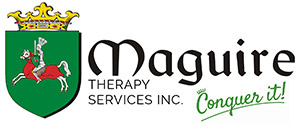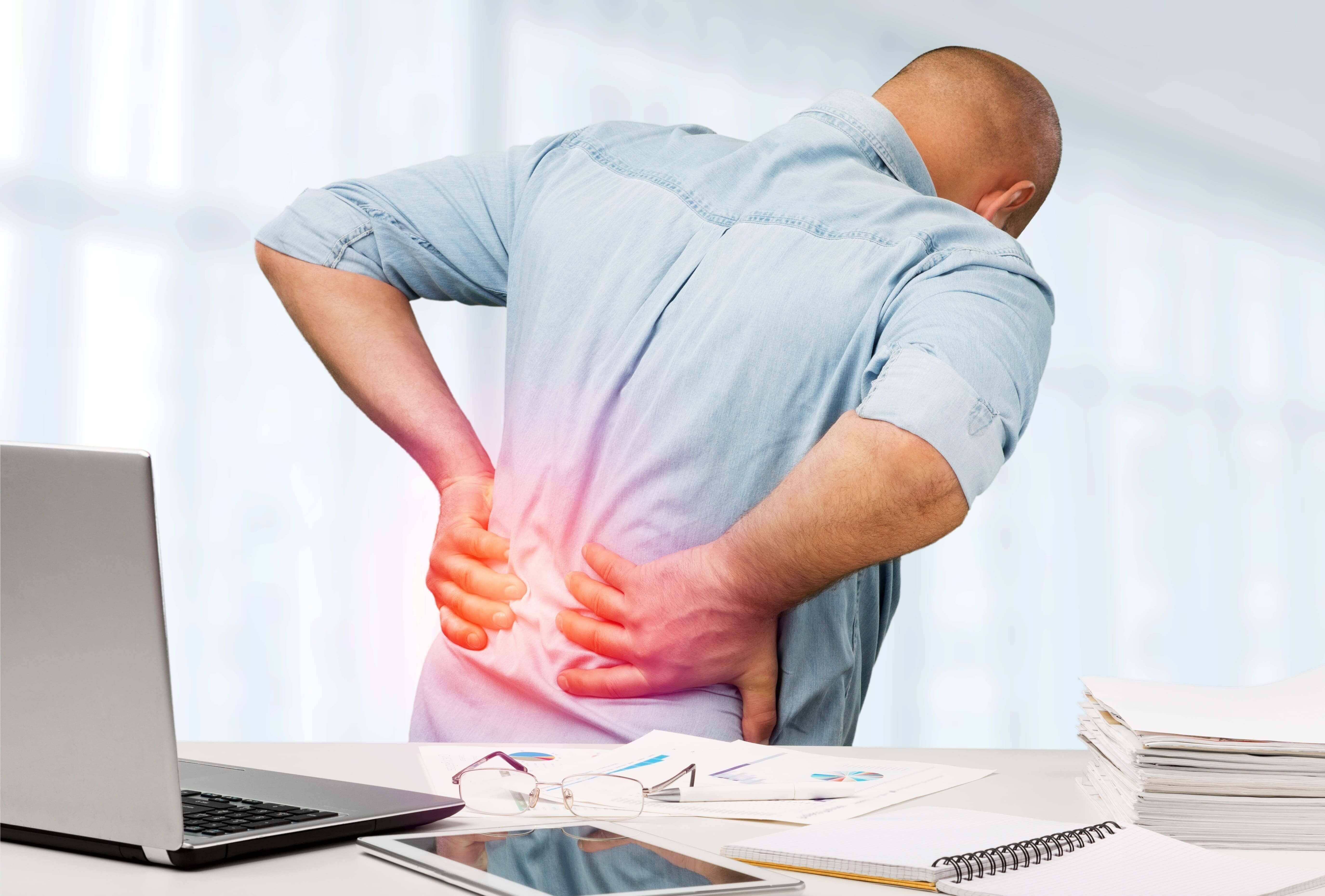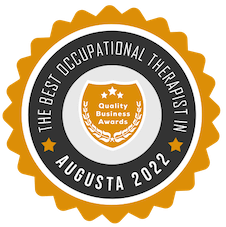Back pain is not something you want to ignore for long. One of the most common causes of pain among adults in the United States, back pain can develop for any number of endless reasons, and once it develops it doesn’t always go away all that easily. When pain in the back lingers well beyond the time that an injury would traditionally take to heal it is called chronic pain, and chronic back pain is incredibly difficult to cope with. This sort of pain will interfere with your ability to sleep comfortably, to move freely, or to feel energized throughout the day.
Eliminating back pain is difficult to do on your own. Taking over the counter medication isn’t going to help the back pain go away. Instead, many sources of back pain can be best addressed through physical therapy. One of the most common causes of back pain is a disc herniation.
What is a Herniated Disc?
There are a few signs that can help you determine whether or not your back pain may be the result of a herniated disc or not. A herniated disc develops when the rubbery cushions (or discs) between the vertebrae of the back becomes dislodged or ruptured. When this happens, the bones of the vertebrae along the spine begin to rub against one another, and this can cause severe pain and discomfort.
The most frequent symptoms of a herniated disc include:
- Pain in the arms and legs. The exact location of where the pain will feel most severe depends on where the herniated disc develops along the spine. Pain associated with a herniated disc is frequently shooting pain, and may be most intense after movement, or following a cough or sneeze.
- Numbness and tingling in the back or extremities. Since a herniated disc is along the spinal cord, the development of this pain may cause numbness or tingling throughout other parts of the body associated with the afflicted nerves.
- Weakness, especially in the legs or grip. A herniated disc will compromise the comfort and strength of the spine, and therefore may impair your ability to comfortably hold items, or may cause you to stumble frequently.
The best way to determine if the pain that you are experiencing in your back is the result of a herniated disc is to consult with a physical therapist. In many situations, a physical therapist will use a combination of a physical examination and imaging techniques to properly diagnose the cause of the pain, and then will work with you to develop a personalized program of treatment that addresses your particular issues with pain. Many physical therapy programs for treating back pain associated with a herniated disc include a combination of targeted massage therapy, guided stretching and yoga techniques, and additional pain management strategies like hot and cold therapy.
Relying on pain medication to cope with back pain is not ideal. If you are struggling with chronic back pain as a result of a herniated disc, then physical therapy may be the most effective form of therapy in alleviating your discomfort. For more information about treating back pain associated with a herniated disc, contact our office.


